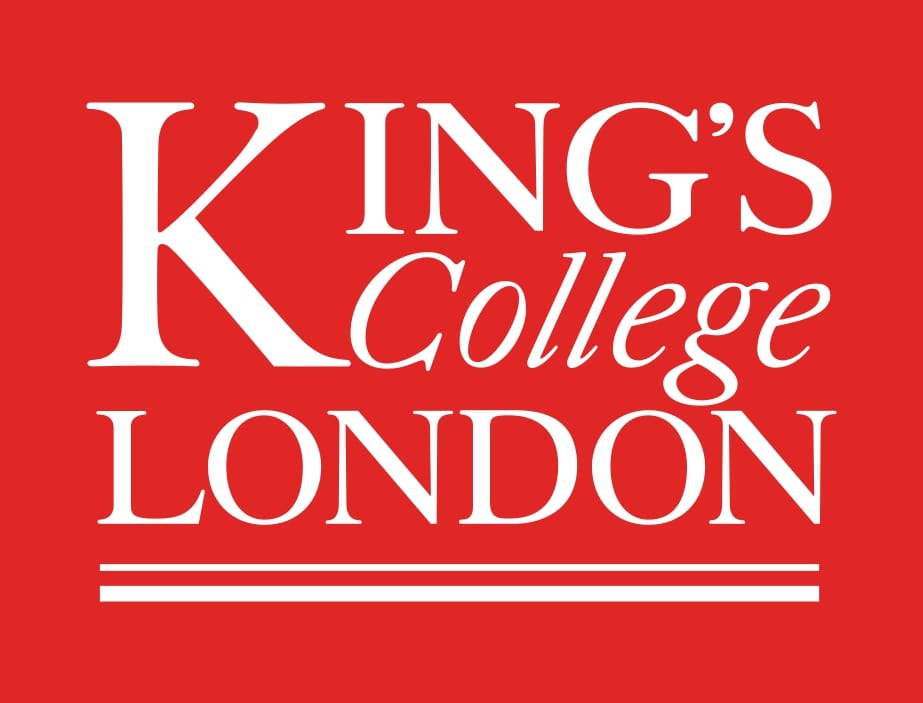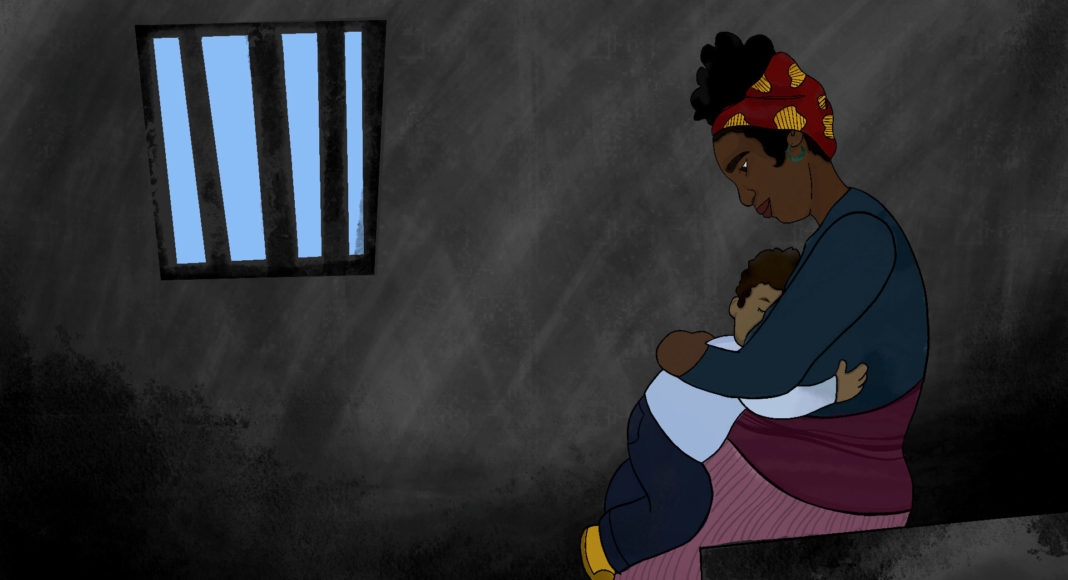The decade from 2009 to 2019 saw 120 women and girls, 20 companions and eight health providers prosecuted for seeking or facilitating an abortion in Ecuador. After reviewing these cases, Human Rights Watch has concluded that Ecuador’s criminalisation of abortion violates the human rights of people in the country who find themselves pregnant. The report finds that laws have devastating, even fatal, consequences for the lives and health of those seeking abortions and that those from poorer communities face a higher chance of prosecution, with Black and Indigenous people disproportionately affected.
‘Why do they want to make me suffer again?‘
In one case, a 20-year-old Afro-Ecuadorian woman suffered a fall at work and was hospitalised with pain and bleeding. Unknown to her, it was discovered that she had been pregnant and that the fall had led to a miscarriage. This woman was arrested and accused of having an abortion, then forced to spend four months in pre-trial detention with her three-year-old son. She was found not guilty at trial.
There are many similar cases, with women prosecuted for suffering miscarriages, or in one case, for seeking an abortion following a rape. The Human Rights Watch report found that 81% of the abortion cases were brought against women and girls – 12% of whom were underage – living in provinces where the majority of the population is Indigenous or Afro-descendent. Almost without exception, they were living in poverty.
The laws are a clear violation of the human rights of pregnant people. Lawyer Ana Vera says:
I think it is a violation of human rights, but the denial of legal abortions could even constitute a form of torture, cruel, inhuman and degrading treatment, according to international standards.
It means that women and girls are more likely to compromise their health by delaying seeking medical treatment after a clandestine abortion or when suffering a miscarriage. ‘The poorest women don’t have any access [to abortion] and they have to seek methods — the most inadequate methods — which lead to infections which can even lead to death,’ Dr Susana Guijarro says.
A change in the law
However, there is some hope of progress. On 28 April this year, the Ecuadorian Constitutional Court decriminalised abortion in cases of rape, ruling that any person who becomes pregnant as a result of rape has a legal right to access abortion care and cannot be criminalised for terminating the pregnancy. The bill was presented to the National Assembly, as ordered in the ruling, and the next step is for the Assembly to discuss and pass the law within the next six months.
Human Rights Watch advises that not only should the government implement this law and make sure that it is upheld, but that they improve data collection on maternal deaths and injuries as a result of unsafe abortions. Further, they recommend that all medical personnel are informed and receive training on changes in the law with regard to abortion, that patient confidentiality is upheld, and that there are penalties for personnel who do not adhere to these laws.
The April ruling is an important step in a country in which 1 in 4 women experience sexual violence. The World Health Organisation has found that unsafe abortion is the cause of 13% of all maternal deaths worldwide, but that this proportion is comparatively higher in Latin America, where the figure is 17%. Latin America has some of the strictest abortion laws in the world, and Ecuador is no exception. It is these strict national laws that have contributed to tragedy for many women, with a Ministry of Health memorandum reporting that in 2017, 15.6% of maternal deaths in Ecuador were a result of clandestine abortions.
The Green Wave spreads
In December 2020, the National Congress in Argentina voted in favour of decriminalising abortion in all cases. This historic vote was the result of years of organising by the National Campaign for Legal, Free and Safe Abortion and many groups of feminist activists who took to the streets wearing a green scarf to symbolise the Campaign for Reproductive Rights.
This collection of activists, known as the ‘Green Wave’, has extended their campaigning to other regions in Latin America, following their successes in Argentina and Uruguay, and are now campaigning for further changes to the law in Ecuador. For example, Ecuadorian organisation Surkuna provides legal support to women and girls charged under abortion laws, and campaigns for women and girls to be able to access their sexual and reproductive rights, live a life free of violence, access justice and reparations and have autonomy over their bodies and lives.
Human Rights Watch calls on Ecuador’s National Assembly to remove all legal penalties for abortion. In the meantime, they demand that the Ecuadorian government fully and immediately implement the Constitutional Court’s decision to grant the right to a legal abortion to anyone who becomes pregnant as a result of rape, and to ensure that anyone who is eligible for a legal abortion under the law can access that right.
Progress must be intersectional
The ruling in April represents a small step towards progress on this issue, and if campaigning by activists and organisations like Surkuna can be sustained, there is reason to hope for full decriminalisation in the future. The international character of the Green Wave movement makes it a powerful force in the region — and one which has the potential to affect seismic change. ‘The movement for women’s rights is a global one, and after Argentina took that giant step, we took a small one in Ecuador with the court ruling in April on rape,’ said Ana Vera.
The movement for women’s rights is a global one, and after Argentina took that giant step, we took a small one in Ecuador with the court ruling in April on rape.
However, it is clear that the injustice of the abortion laws is compounded by economic and racial inequality, therefore any progress will need to account for factors affecting those of diverse abilities and sexualities, Indigenous and Afro-Ecuadorian groups and those with compromised geographical or economic access to healthcare.
Main image: Human Rights Watch – The Devastating Impact of Criminalizing Abortion in Ecuador.
To learn about LAB’s ongoing Women Resisting Violence project in collaboration with King’s College University, head to wrv.org.uk.




